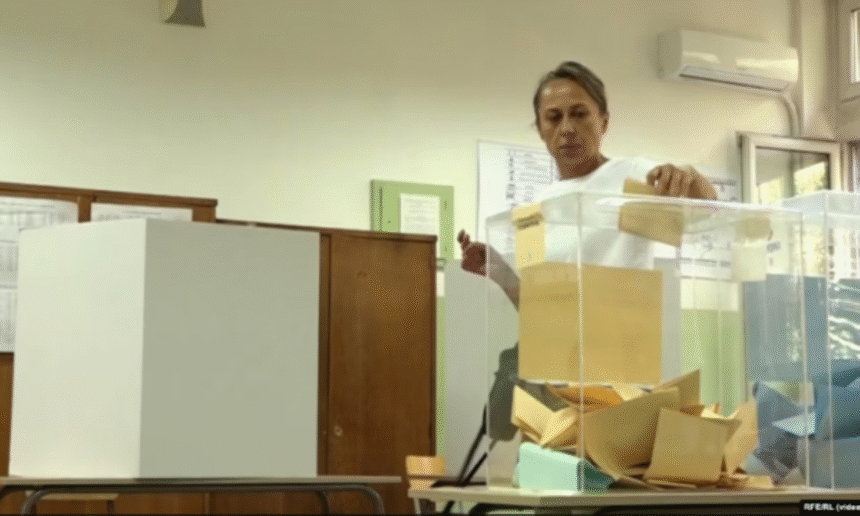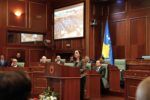Two small municipalities in Serbia are holding local elections today, June 8, a process considered a test for the government. This is the first election since student blockades began at universities in November 2024, triggered by the death of 16 people due to the collapse of a concrete canopy at the Novi Sad railway station.
In both municipalities, the Serbian Progressive Party (SNS), founded by Serbian President Aleksandar Vučić, has been in power for years. Polling stations opened at 7:00 AM in both municipalities and will close at 8:00 PM.
In Zaječar, citizens will elect 50 members of the municipal Assembly, while in Kosjerić, 20 members will be elected.
Eight electoral lists are competing in Zaječar, while only three are in Kosjerić.
In Kosjerić, the competing lists are:
- “We will not give up Serbia – Aleksandar Vučić”
- “Russian Party – Serbia in BRICS, Slobodan Nikolić”
- “United for Kosjerić”
In Zaječar, the competing lists are:
- “We will not give up Serbia – Aleksandar Vučić”
- “The change we believe in Uglješa Gjuričković, Dragana Rašić”
- “United to preserve Zaječar, Mirko Jellenković, Milladin Krstić”
- “Doctor Nenad Ristović – Locals for Zaječar”
- “Ivica Dačić – SPS – Determined for Zaječar”
- Minority list “Coalition for Eastern Serbia – Saša Radullović Gërlanac”
- “We, the People’s Force – Professor Branimir Nestorović”
- “Liberal Serbs – Vladimir Kovačević”
The Election Commission has announced that 47,357 residents are eligible to vote in Zaječar, and 8,898 residents in Kosjerić.
The Center for Research, Transparency and Accountability (CRTA) reported on the morning of June 8 that all of the organization’s observers are present in Zaječar and Kosjerić.
Although these elections may not seem highly significant in principle, the election campaign in the two municipalities has been marked by incidents, clashes between government and opposition supporters, and attacks on journalist teams. Despite their small populations, these municipalities have become a significant topic in recent weeks and essential destinations for high-ranking state officials, including President Vučić himself.







